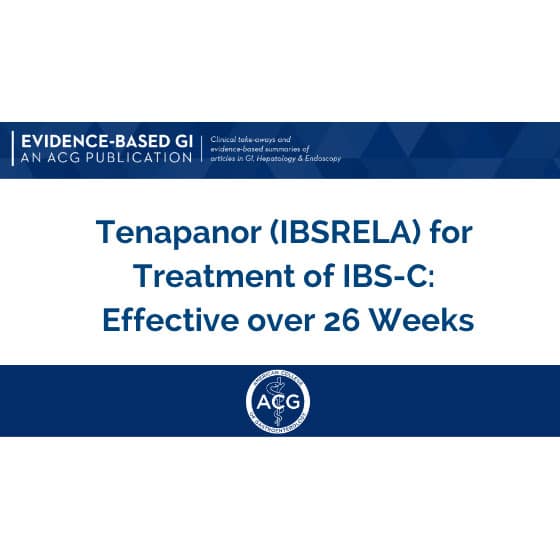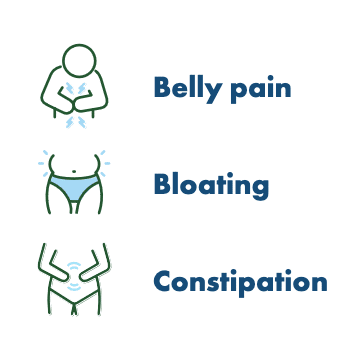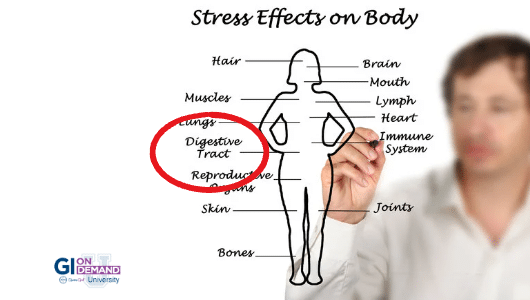Is it IBS or Something Else? 4 Conditions That Could Be Misdiagnosed as IBS
If you have gastrointestinal symptoms, your doctor likely tested you for a variety of digestive conditions. After all the blood tests and various procedures such as an endoscopy, colonoscopy, sigmoidoscopy, or came up negative, you may have been told that you have irritable bowel syndrome (IBS).
If you have other symptoms like extreme fatigue, loose joints, painful periods, or severe asthma, there may be something else going on. Let’s look at four conditions that could be misdiagnosed as IBS.
1. Endometriosis
Endometriosis occurs when tissue that lines the uterus grows on other pelvic organs like the ovaries or fallopian tubes. When endometrial tissue is outside of the uterus, it will still thicken and bleed with the menstrual cycle, just like it does inside the uterus. This can lead to symptoms such as painful and heavy periods.
Endometriosis can cause digestive symptoms such as constipation, diarrhea, bloating, and nausea. This is why it’s sometimes misdiagnosed as IBS or other digestive conditions. Those with endometriosis can also have IBS at the same time, which makes the diagnosis even more challenging.
At this point there is no cure for endometriosis, but there are treatment options to manage the symptoms.
2. Cystic fibrosis
Cystic fibrosis is a genetic condition that causes the mucus in many organs to become thick and sticky. The lungs are particularly vulnerable because a buildup of mucus can trap germs and increase the risk of lung infections.
Although cystic fibrosis is now screened for at birth, some people are diagnosed as adults.
While lung function is one of the top concerns for those with cystic fibrosis, many people can also have digestive symptoms. This is because mucus can buildup in the pancreas and block digestive enzymes from being released into the intestines in response to a meal. This can lead to abdominal cramping, gas, and pain. It can also cause greasy stools or bulky stools that are hard to pass.
While the digestive symptoms associated with cystic fibrosis can be very similar to IBS, there is clearly much more going on with this condition. Adults who were once thought to have severe asthma and IBS may actually have cystic fibrosis. A genetic test can confirm the diagnosis.
Cystic fibrosis shortens life expectancy, but treatment to improve symptoms and lower the risk of compilations can help extend length and quality of life.
3. Ehlers-Danlos syndrome
Ehlers-Danlos syndrome (EDS) refers to a group of inherited connective tissue disorders. The most common symptoms include hypermobile joints and delicate skin. But EDS can also lead to heart conditions, gum diseases, and chronic muscle and joint pain.
Those with EDS, and especially those with hypermobile EDS (hEDS), can also have gastrointestinal symptoms. The most common ones are nausea, abdominal pain, constipation, and diarrhea.
People with EDS may need physical therapy for joint and muscle issues and medication to help with pain. The other conditions that can go along with EDS may also require treatment.
4. Acute hepatic porphyria
Acute hepatic porphyria (AHP) refers to a family of rare genetic diseases that can lead to an increase in the production of pigments called porphyrins. Porphyrins are needed by the body to make many important substances, like hemoglobin, which carries oxygen in the blood.
AHP is characterized by debilitating and life-threatening attacks. There can also be pain in between attacks. Symptoms of AHP can include abdominal pain, nausea, weakness, respiratory failure, and fatigue. Because these symptoms can often be mistaken for other conditions, such as IBS, appendicitis, or endometriosis, AHP can go undiagnosed for years.
There is currently no cure for AHP, so treatment focuses on management of symptoms and prevention of complications.
In 2019, the FDA approved givosiran (Givlaari) as a monthly injection for adults with acute hepatic porphyria to reduce the number of porphyria attacks. The results of a phase-3 trial on Givosiran were published in the New English Journal of Medicine in June 2020.
Now you know that there are some conditions that can mimic or go along with IBS symptoms. This article is meant to be informative. It’s important that you work with your healthcare team in order to receive the correct diagnosis and treatment of your symptoms.
 Katelyn Collins, RD is a registered dietitian and health writer specializing in digestive health. Katelyn’s personal experience with a digestive condition first sparked her passion for nutrition and health. Since then, she has been a vocal advocate for the digestive health community and has dedicated her own nutrition practice to serving those with digestive conditions.
Katelyn Collins, RD is a registered dietitian and health writer specializing in digestive health. Katelyn’s personal experience with a digestive condition first sparked her passion for nutrition and health. Since then, she has been a vocal advocate for the digestive health community and has dedicated her own nutrition practice to serving those with digestive conditions.
Listen to our
latest Podcast!







